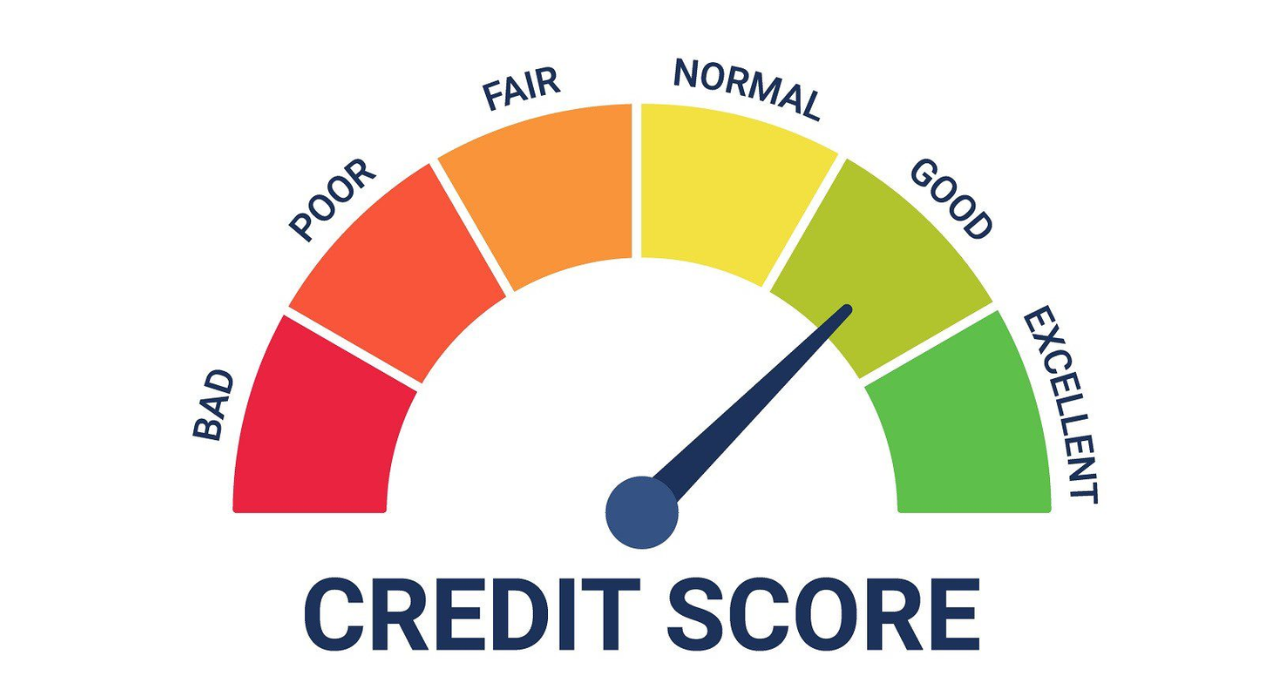Credit scores are an essential part of your financial life. They influence your ability to get loans, credit cards, and even affect rental applications and job prospects. Understanding what a credit score is and how to improve it can significantly impact your financial health. Here’s a simple guide to help you understand credit scores and how to improve them.
What is a Credit Score?
A credit score is a numerical representation of your creditworthiness. It’s a three-digit number that ranges from 300 to 850, with higher scores indicating better credit health. Credit scores are calculated based on your credit history, including your payment history, the amount of debt you have, and the length of your credit history.
Why Credit Scores Matter
Credit scores matter because they affect your ability to borrow money and the interest rates you’ll pay. Here are some reasons why your credit score is important:
- Loan Approval: Lenders use your credit score to determine if you’re a good candidate for a loan. A higher score increases your chances of approval.
- Interest Rates: Higher credit scores can get you lower interest rates, saving you money over the life of a loan.
- Credit Card Offers: Good credit scores can qualify you for credit cards with better rewards and lower interest rates.
- Renting a Home: Landlords often check credit scores to assess your reliability as a tenant.
- Job Opportunities: Some employers check credit scores as part of the hiring process, especially for financial positions.
Factors That Affect Your Credit Score
Five main factors affect your credit score. Understanding these can help you know where to focus your efforts to improve your score:
- Payment History (35%): This is the most critical factor. It includes your record of on-time payments for credit cards, loans, and other bills. Late payments, collections, and bankruptcies can significantly lower your score.
- Credit Utilization (30%): This is the ratio of your credit card balances to your credit limits. Lower utilization rates are better for your score. Aim to keep your credit utilization below 30%.
- Length of Credit History (15%): The longer your credit history, the better. This includes the age of your oldest account, the age of your newest account, and the average age of all your accounts.
- Credit Mix (10%): This includes the different types of credit accounts you have, such as credit cards, mortgages, and auto loans. Having a mix of different types of credit can positively impact your score.
- New Credit (10%): Opening several new credit accounts in a short period can lower your score. Each new account adds a hard inquiry to your credit report, which can temporarily reduce your score.
How to Check Your Credit Score
You can check your credit score through several methods:
- Credit Card Issuers: Many credit card companies offer free credit score monitoring as a perk for their customers.
- Credit Bureaus: You can get a free credit report from each of the three major credit bureaus (Experian, TransUnion, and Equifax) once a year at AnnualCreditReport.com.
- Credit Monitoring Services: There are several free and paid credit monitoring services that provide your credit score and alerts about changes to your credit report.
How to Improve Your Credit Score
Improving your credit score takes time and consistent effort. Here are some simple steps to help you boost your score:
1. Pay Your Bills on Time
Your payment history is the most significant factor affecting your credit score. Ensure that you pay all your bills on time, including credit cards, loans, utilities, and any other obligations. Setting up automatic payments or reminders can help you avoid late payments.
2. Reduce Your Credit Card Balances
High credit utilization can negatively impact your score. Aim to keep your credit card balances below 30% of your credit limit. If possible, pay off your balances in full each month. If you have high balances, create a plan to pay them down over time.
3. Avoid Opening Too Many New Accounts
Each new credit account adds a hard inquiry to your credit report, which can temporarily lower your score. Avoid opening multiple new accounts within a short period. If you need to apply for credit, do so sparingly and only when necessary.
4. Don’t Close Old Credit Accounts
The length of your credit history is essential for your credit score. Even if you no longer use an old credit card, keep the account open. Closing old accounts can shorten your credit history and reduce your available credit, which can negatively affect your score.
5. Diversify Your Credit Mix
Having a mix of different types of credit accounts can positively impact your score. If you only have credit cards, consider adding a different type of credit, such as a small personal loan or an auto loan. However, only take on new credit if you need it and can afford the payments.
6. Regularly Check Your Credit Report
Errors on your credit report can lower your score. Regularly check your credit report for inaccuracies, such as incorrect account information or fraudulent activity. If you find an error, dispute it with the credit bureau to have it corrected.
7. Limit Hard Inquiries
Each hard inquiry (when a lender checks your credit report for a loan or credit card application) can lower your score slightly. Try to limit the number of hard inquiries by applying for credit only when necessary. Soft inquiries, such as when you check your own credit score, do not affect your score.
8. Use Credit Responsibly
Using credit responsibly over time will gradually improve your score. This means making on-time payments, keeping balances low, and avoiding excessive new credit applications. Patience and consistency are key.
Conclusion
Understanding and improving your credit score is crucial for achieving financial stability and accessing better financial opportunities. By focusing on the factors that affect your score and implementing good credit habits, you can build and maintain a strong credit profile. Remember, improving your credit score takes time, but the benefits are well worth the effort. Start today, and enjoy the advantages of having a good credit score for years to come.




